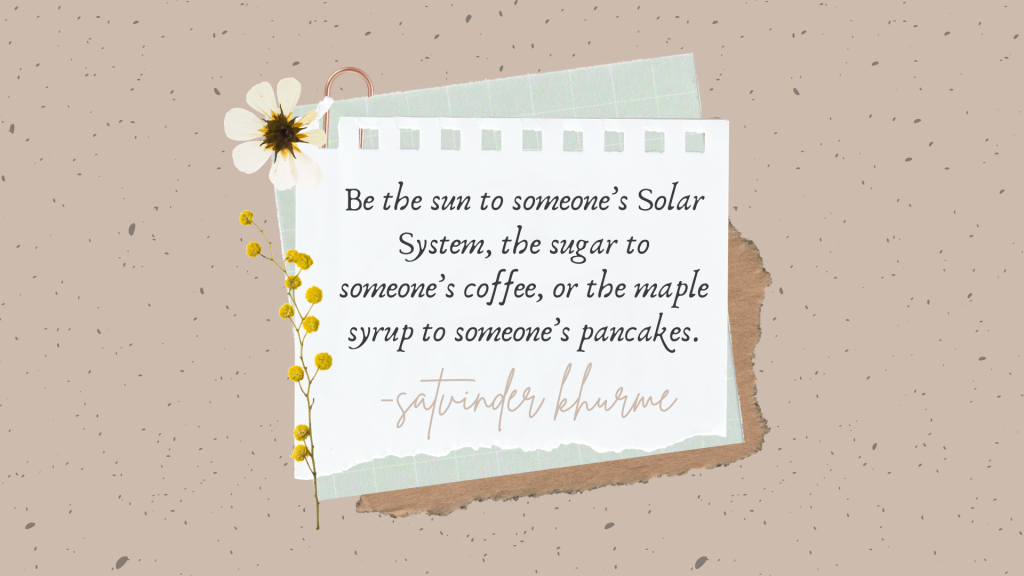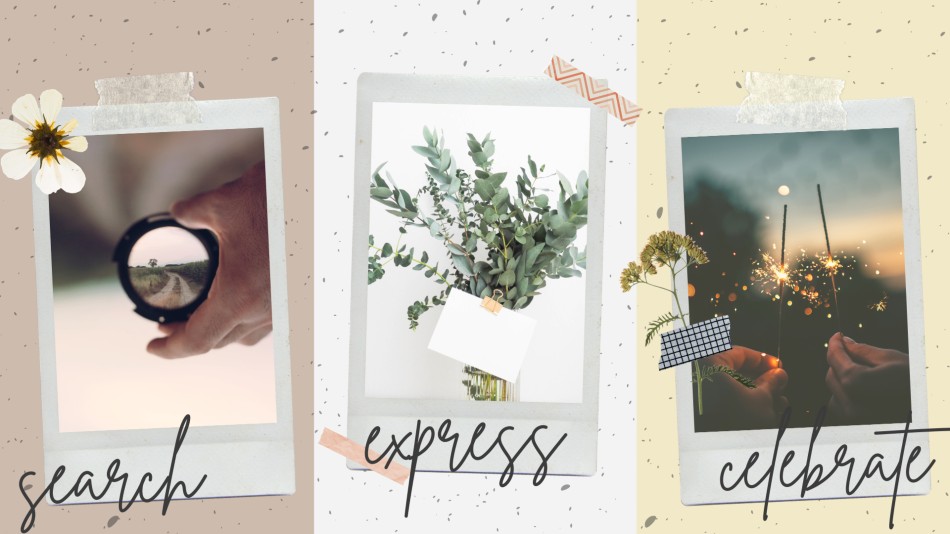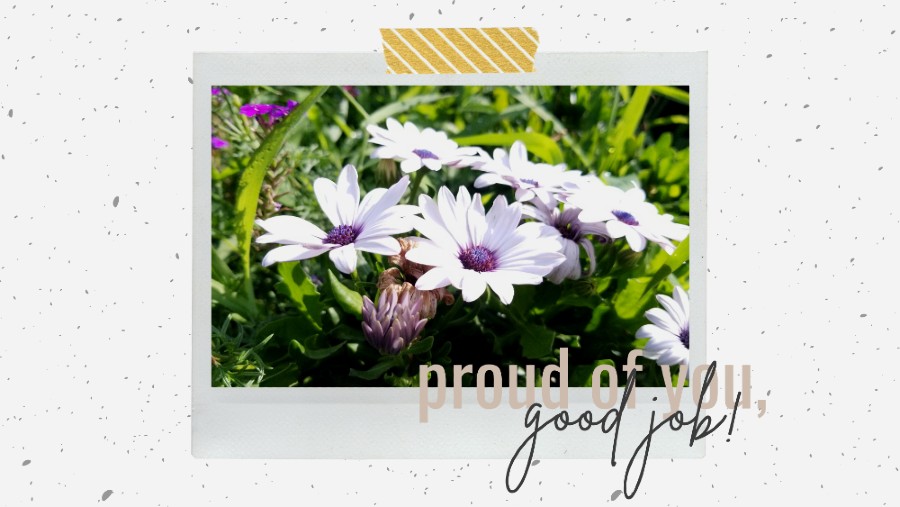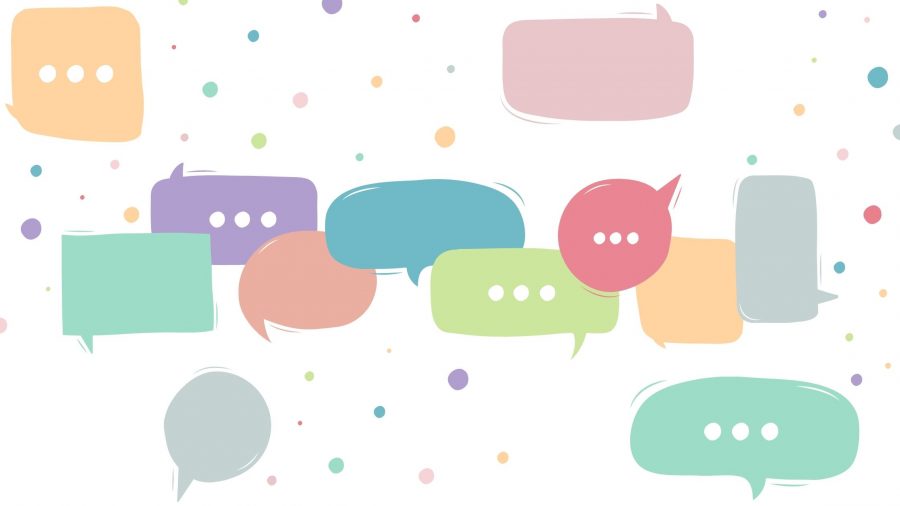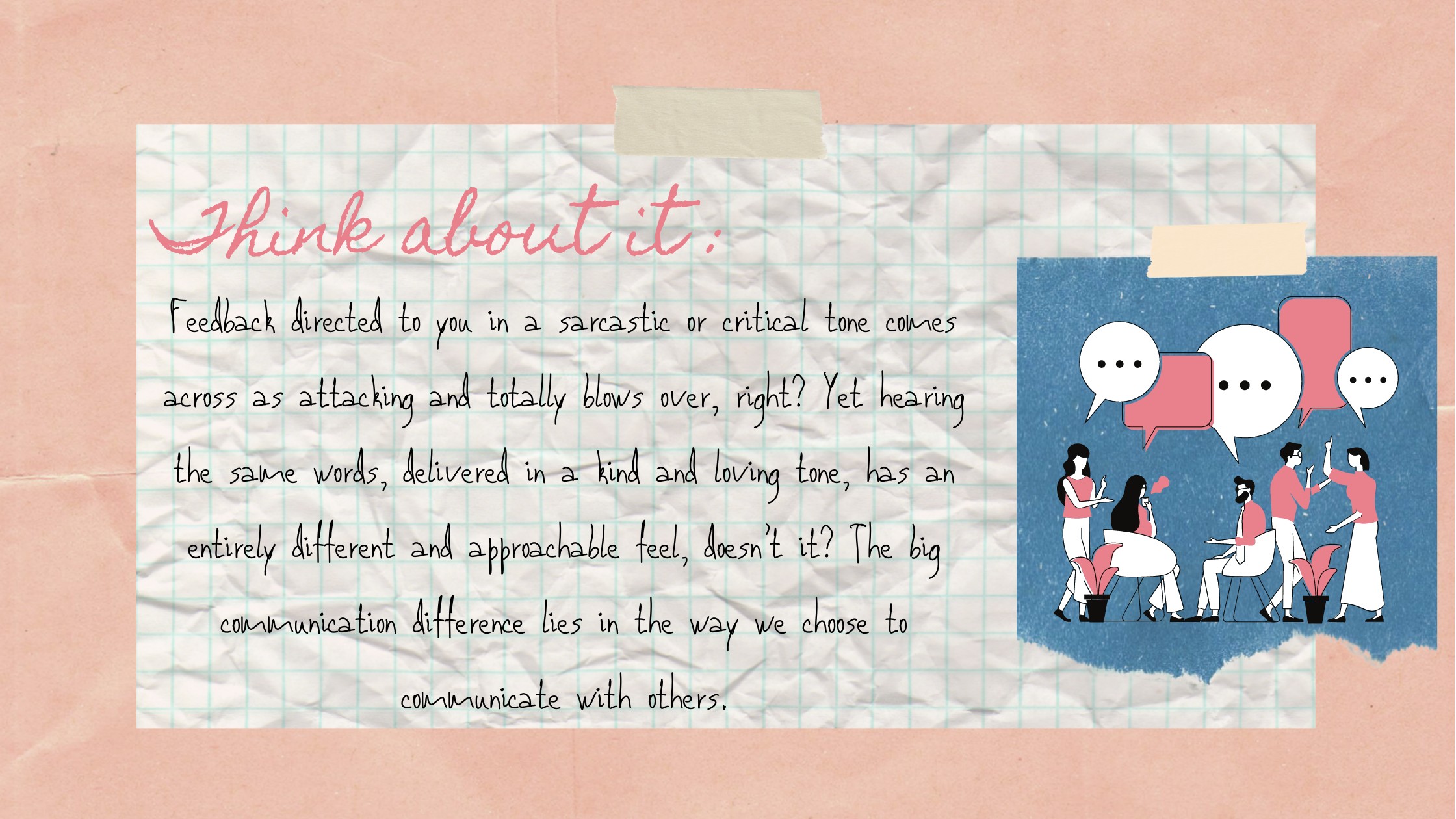Sharing your appreciation is so much bigger than just “being nice”. When someone feels cared for and appreciated, they feel like their efforts were worth it, they feel like they are valued for who they are, and they feel like their life is worth living. And that is the power of appreciation.
When we look for and find the things we appreciate about others and let them know, that is the biggest gift, for them and for us.
Here is a breakdown of the benefits of showing appreciation:
- Feeling genuinely appreciated lifts people up. It makes us feel safe and energized, freeing us to continue giving our best. Think about it, when your value feels unacknowledged or at risk, does that worry become preoccupying? Unfortunately, it does, not receiving appreciation can drain and divert our energy from the things we love doing and sharing. It’s not the expectations, but more the human need to feel valued, loved, and respected.
- Similarly, in the workplace, when employees are appreciated it creates a positive work environment and strengthens the relationships between the employees and leaders. In fact, many studies reveal that appreciation is one of the most powerful methods to motivate employees and make them more committed to their jobs, in turn increasing their productivity. A recent poll by a division of TimeJobs.com showed that more than 35% of employees consider lack of recognition of their work as the biggest hindrance to their productivity.
- When you acknowledge someone’s value and express that recognition, you are able to forge deeper, fulfilling, and more trusting connections. In fact, Paul J. Zak, a professor at Claremont Graduate University, said that “The neuroscience shows that recognition has the largest effect on trust when it occurs immediately after a goal has been met when it comes from peers, and when it’s tangible, unexpected, personal, and public”. This makes sense, when you personally take the time to praise someone for their efforts, thank someone for their time, express how much they mean to you, and just simply be there for them when they are having a hard time, it shows that you genuinely care.
- Actively finding ways to appreciate people may take some hard work and reflection at first but slowly it will change your mindset making you a kinder and more positive person. It becomes quite natural for us to give more attention to the bad qualities, mistakes, mishaps, and failures of others. Always picking people apart blinds us from seeing the strength it took to speak up about the abuse, the hard work it took to improve after their failure, the initiative and creativity it took to innovate and publicize an idea, the kindness it took for them to cook a meal for you and many other brilliant ideas, extra efforts, and meaningful gestures the people around us make.
- Showing appreciation means you praise the uniqueness. With this, you become open to new ideas, qualities, and ways of doing things, in turn making you a more creative and innovative person.
- You are happier. When you look for the good stuff and are grateful for the beauty around you, you become satisfied with the things that are already in your life, your family, job, money, friends, and home.
Ways to appreciate:
- Change your mindset to look for the good in people, and actively find ways to search for unique traits, brilliant ideas, and great work. When you look for it, you will find it!
- Parallel to the suggestion above, it’s important for you to learn and absorb positive words. Think about it, if your dictionary consists of a higher volume of kind, respectful and motivating words, you are automatically more inclined to employ them.
- Listen to them. As we know time is money, give people your time and let them know that you enjoy their company.
- Avoid comparing people to others, respect that the person is their own individual self, and praise or criticize them based on their dreams, not those of others. The biggest of appreciation is motivating people to embrace their true selves and letting them know that who they really are is what you admire about them.
- Remember gifts don’t really mean all that much if they are just for the formality, rather let your heart spill out into a small and sweet handwritten note. If your friend or family member is going to have a hard interview, perhaps leave a little note by their water bottle or paperwork that says, “you are capable, you got this!”. Or if someone had a hard day at work, you could leave a little note next to their bed that says, “I am here for you”. And sometimes, no reason is even needed, just humanize the person, and let them know how much they mean to you.
- Be ready to learn from them because when you genuinely appreciate someone that means you recognize their good qualities.
- Start receiving compliments more graciously. When someone compliments you just reply with a “thank you”, there is no need to get fuzzy about it, force yourself to give one back, or argue with the other person that you do not deserve it. Think about it, someone saw something beautiful in and that is why they expressed their appreciation towards you, so don’t cut yourself down. Until you do not love yourself and celebrate your own qualities, it’s going to be very difficult to genuinely even acknowledge those of others.
- Lastly, live in the moment and cherish the little things.
